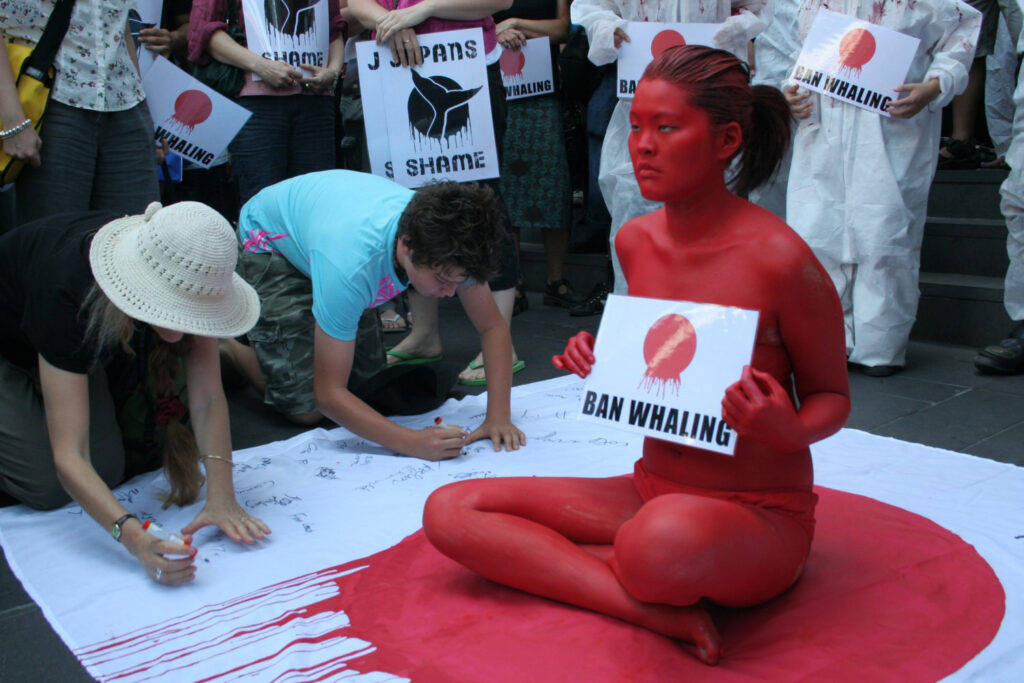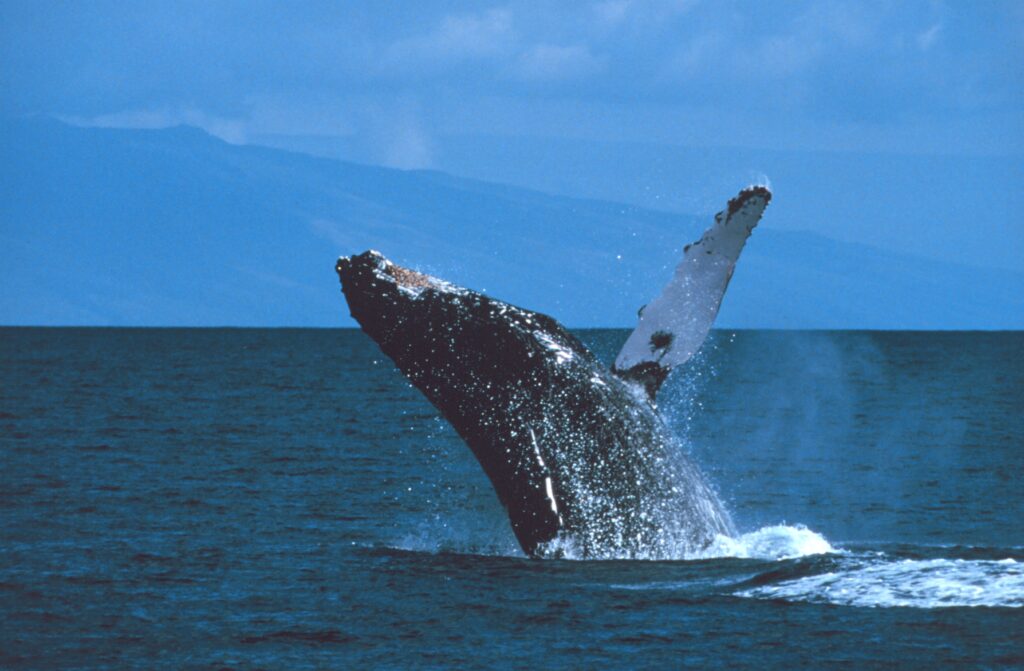Whales are among the world’s most beloved animals. They are large mammals whose complex social behavior enthralls humans. We love to watch them, listen to them, draw them and cuddle with stuffed resemblances. And, for most of history, we loved to capture them, eat their flesh and use their body oils for energy.

That all changed with a decision by the International Whaling Commission (IWC) on July 23, 1982. The IWC’s members voted to enact a moratorium on commercial whaling to begin in 1986 and continue indefinitely. The rule affected the “schedule,” which is the allowable catch of whales, broken down by species, stock and location. A table that had filled many pages with numbers could now be reduced to just one number—0. The decision stated that “Notwithstanding the other provisions of paragraph 10, catch limits for the killing for commercial purposes of whales from all stocks for the 1986 coastal and the 1985/86 pelagic seasons and thereafter shall be zero.” Every two years, the IWC meets to update the schedule (and do much other work to conserve whales and their relatives), and at every meeting since 1982, the organization has maintained the moratorium.

But it isn’t quite that simple because small amounts of whaling continue. First, member nations can file an “objection” to the ban, making them exempt from following it. Norway has done so since the beginning, and it conducts commercial whaling for minke whales along its coast. Second, a nation can simply withdraw from the IWC. Iceland did so for about a decade in the 1990s, but it has since rejoined—but with an objection that allows the country to continue hunting whales. Third, the prohibition on commercial whaling still allows whale harvest by aboriginal peoples in Alaska, Canada and Russia.
The real controversy in the moratorium (in the general IWC rules, actually), however, has been the provision for “scientific whaling.” A member nation can capture and kill whales, if necessary, to improve understanding of whale population dynamics—rates of reproduction, paths of migration, rates of growth, overall health of the animals. Japan conducted such scientific whaling since the beginning of the moratorium, which has always been a source of diplomatic stress and some violent confrontations. In 2018, Japan withdrew from the IWC and has now resumed whaling around its coasts.

Without question, however, the IWC in general and the moratorium in particular have been successful. The killing of whales has declined precipitously; more than 2 million whales were killed in the century before the moratorium, a small fraction of that since. The reduced hunting pressure has allowed stocks of m0st whale species to rebound. The western South Atlantic stock of humpback whales, for example, has increased from 1,000 to nearly 25,000 over the course of the moratorium.
As has been the story with species after species of wild animals, when hunting pressure drops, a species can recover. And when the world comes together for the cause of conservation, conservation even the most critical cases can recover, too.
References:
Greenpeace. International Whaling Commission. https://www.greenpeace.org/usa/oceans/save-the-whales/international-whaling-commission/. Accessed March 31, 2020.
International Whaling Commission. History and purpose. Available at: https://iwc.int/history-and-purpose. Accessed March 31, 2020.
Whiting, Kate. 2019. This is how humans have affected whale populations over the years. World Economic Forum, 26 Oct 2019. Available at: https://www.weforum.org/agenda/2019/10/whales-endangered-species-conservation-whaling/. Accessed March 31, 2020.
World Wildlife Fund. 2005. The History of Whaling and the International Whaling Commission (IWC). Available at: https://wwf.panda.org/?13796/The-History-of-Whaling-and-the-International-Whaling-Commission-IWC. Accessed March 31, 2020.
